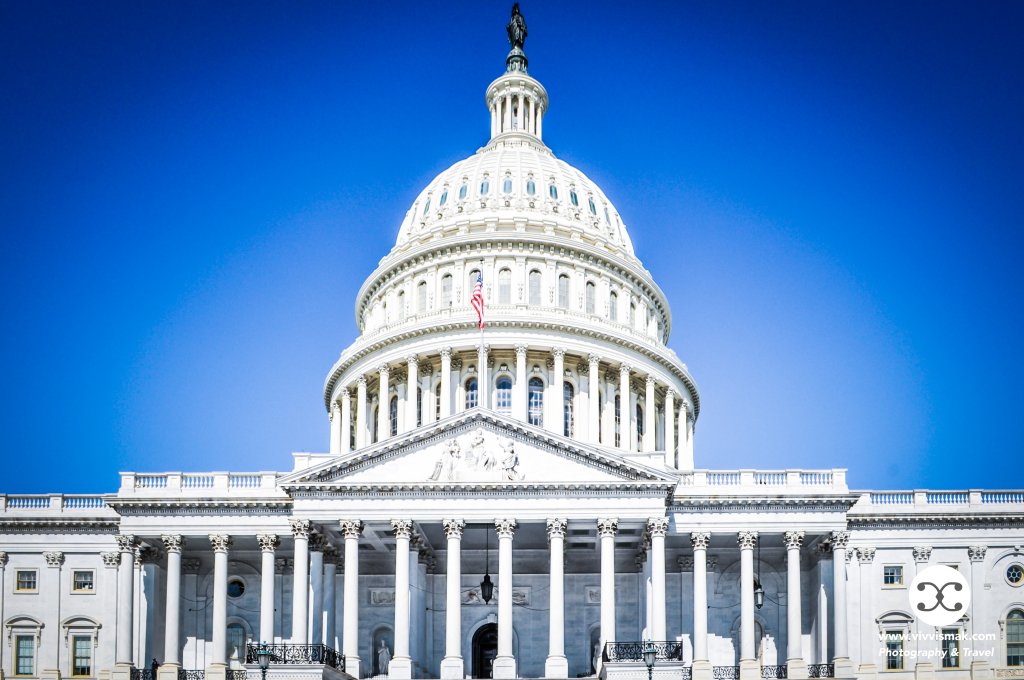For the week ending March 27th
APPROVING $2.2 TRILLION TO CONFRONT CORONAVIRUS: The House on March 27 approved on a non-recorded vote a $2.2 trillion rescue package (HR 748) to cushion the impact of the coronavirus pandemic on U.S. workers, families, businesses and medical caregivers. In part, the bill would provide:
1. One-time non-taxable payments, delivered by mail or direct-deposit, of $1,200 to individuals with annual incomes up to $75,000 and $2,400 to couples earning up to $150,000, plus $500 per child. Gradually reduced payments would be made to individuals earning between $75,000 and $99,000 and couples in the $150,000-to-$198,000 range. Higher earners are excluded from the benefit.
2. $250 billion to finance four months’ expanded unemployment insurance, under which those losing jobs because of the virus would receive $600 per week on top of their state’s base level of jobless pay. The $600 payments would be made available to gig economy workers, independent contractors, the self-employed and others ineligible for regular unemployment benefits in their state.
3. $350 billion in low- or no-interest loans through June 30 to enable businesses with fewer than 500 employees to meet payroll and certain overhead costs including rent. The loans would be totally forgiven for companies agreeing to not lay off workers and rehire those already dismissed during the pandemic. So that the money is quickly infused into the economy, banks would conduct the lending and receive Treasury reimbursement of their expenditures.
4. Loans bearing no more than 2% interest to companies with 500 to 10,000 employees that agree not to send jobs overseas; the first six months would be interest free, and repayment schedules would be delayed for six months.
5. $150 billion help state and local governments cover the cost of fighting the pandemic, with $8 billion allocated to tribal governments.
6. $130 billion to help hospitals, community health centers and nursing homes procure supplies and equipment and boost staffing levels, plus $1 billion for the Indian Health Service.
7. $50 billion for Department of Agriculture loan programs to benefit farmers and ranchers.
8. $17 billion to companies including Boeing deemed vital to national security.
The House voted as a chamber to send the bill to the White House.
MARSHALING $2.2 TRILLION AGAINST CORONAVIRUS: The Senate on March 25 passed, 96 for and none against, a bill (HR 748) that would marshal $2.2 trillion in coming months against the nationwide spread of the coronavirus. In addition to provisions described above, the bill would authorize $400 billion for loans and grants to large corporations, cities and states.
To receive the full benefit of these payments, companies could not reduce staffs by more than 10%, weaken union contracts or use the money to boost executive compensation or finance stock buybacks or dividend payments. For loans, these restrictions would be in force until the repayment date plus one year. The government would collateralize loans by obtaining equity shares in recipient companies. About $60 billion of the fund would go to the airline industry, with at least $25 billion used to pay salaries and protect hundreds of thousands of jobs in the air-passenger sector from planes to airports.
The Treasury Department, and by extension the White House, would choose recipients and be required to identify the winning companies to Congress within seven days and the public within 14 days, with contract terms revealed. The program would be overseen by a Treasury inspector general and a congressionally appointed five person review board.
Companies controlled by President Trump, Vice President Pence, cabinet members or members of Congress — or the children, spouses or in-laws of those officials — are ineligible to benefit from the $400 billion rescue fund and other payments in the bill.
A yes vote was to send the bill to the House.
YES: Tom Udall, D, Martin Heinrich, D
DECLINING TO TRIM JOBLESS BENEFITS: Voting 48-48, the Senate on March 25 defeated a GOP sponsored amendment to HR 748 (above) that sought to prohibit laid-off workers from temporarily receiving unemployment payments in excess of their salary. The bill would allow jobless individuals to receive, over four months, $600 per week on top of their state’s standard benefit. In states with relatively high benefits, the add-on could result in individuals receiving total payments over four months a few thousand dollars higher than their likely salary over the same period. A yes vote was to adopt the amendment.
NO: Udall, Heinrich
HOUSE Deb Haaland (D) Ben Ray Luján (D) Xochitl Torres Small (D)
SENATE Martin Heinrich (D) Tom Udall (D)
Contact your legislators at the U.S. Capitol
Zip codes: House 20515, Senate 20510
Capitol operator: (202) 224-3121
Courtesy of Voterama In Congress © 2020 Thomas Reports Inc.

